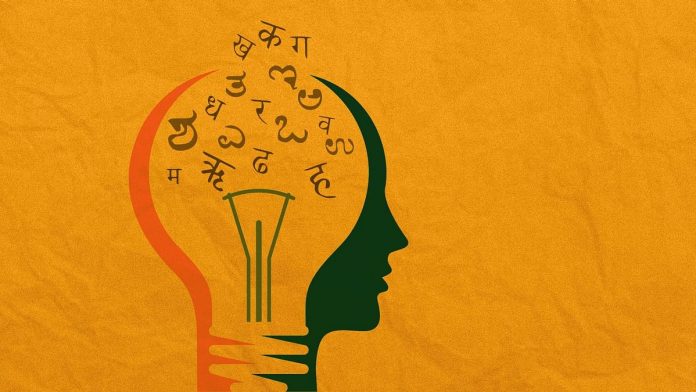If we choose an average college or university in the United States or elsewhere, there will be specific educational policies and legal rules that can result in significant implications when violated. Now, it must be mentioned that the use of educational laws and policies will vary from situation to situation as federal and state laws must be involved to speak of consequences. Nevertheless, most educational policies will relate to racial issues, special education, academic honesty, charter schools, and the basic disciplinary processes. Therefore, it is essential to take time and study educational policies to follow socio-cultural, moral, and behavioral standards.
Table of Contents
Educational policies and their implications for students
– No student left behind
As the main set of legal rules and policies for the K-12 sector, it has been valid from 2002 to 2015. It is an interesting example that shows us how the schools had all the responsibility for how the youngsters performed. Speaking of legal implications, the schools were always to blame for poor achievements, which became quite controversial. Now, performing better could be achieved in many different ways, yet technology has not been as advanced as it is today. For example, approaching writemyessays.ai was not an option to consider, yet now it is possible to get in touch with an expert as it does not violate school policies if all the rules are followed. It is safe to say that many students fail to read the rules of an educational institution as teachers do not have time or resources to promote the policies unless some issue occurs.
– Local, state, and federal education policies
Regarding legal implications, one should remember that education is compulsory and accessible if the talk goes about the public education sector. At the same time, depending on location, we know that one can discontinue schooling from 14 to 18 years old. The legal implications will include careful monitoring in states like New York or California, while others will be less strict and provide more freedom. As we have different state laws, legal implications will vary as well. Things become even more complex when it comes to private colleges and universities. If we take an average Christian university, there will be policies that introduce certain limitations of the moral type. These also constitute educational policies that one should not violate. If we turn to institutions like MIT or Harvard, we shall see that educational policies always come down to academic integrity and students’ dedication to research work.
– First educational laws
As we travel back in time, we can spot the first educational law policy that dates back to 1642. It shows clearly that parents and legal guardians had to ensure that learners could read and understand the basic principles of religion and the laws of the Commonwealth. These were the times of homeschooling, which became popular once again these days, thus blurring the legal implications. For example, homeschooling does not cover legal considerations regarding part-time jobs or students’ mental health. They do not have sufficient social interaction and cannot be supervised during short visits to complete examinations in class with other students.
Every Student Succeeds Act (ESSA)
Some famous educational laws have proved to be efficient and successful. Every Student Succeeds Act is one of those prominent plans that addressed policies on a federal level. The Every Student Succeeds Act (ESSA) became a US law in 2015. It guides public schooling for kids in the US. This law took the place of the older “No Child Left Behind Act.” It changed some rules but kept the regular tests for students. Both these laws are updated versions of a 1965 law about public education. Therefore, legal implications will vary on every institution’s legal voluntarism and personal rules.
 Serato DJ Crack 2025Serato DJ PRO Crack
Serato DJ Crack 2025Serato DJ PRO Crack









 Allow notifications
Allow notifications


